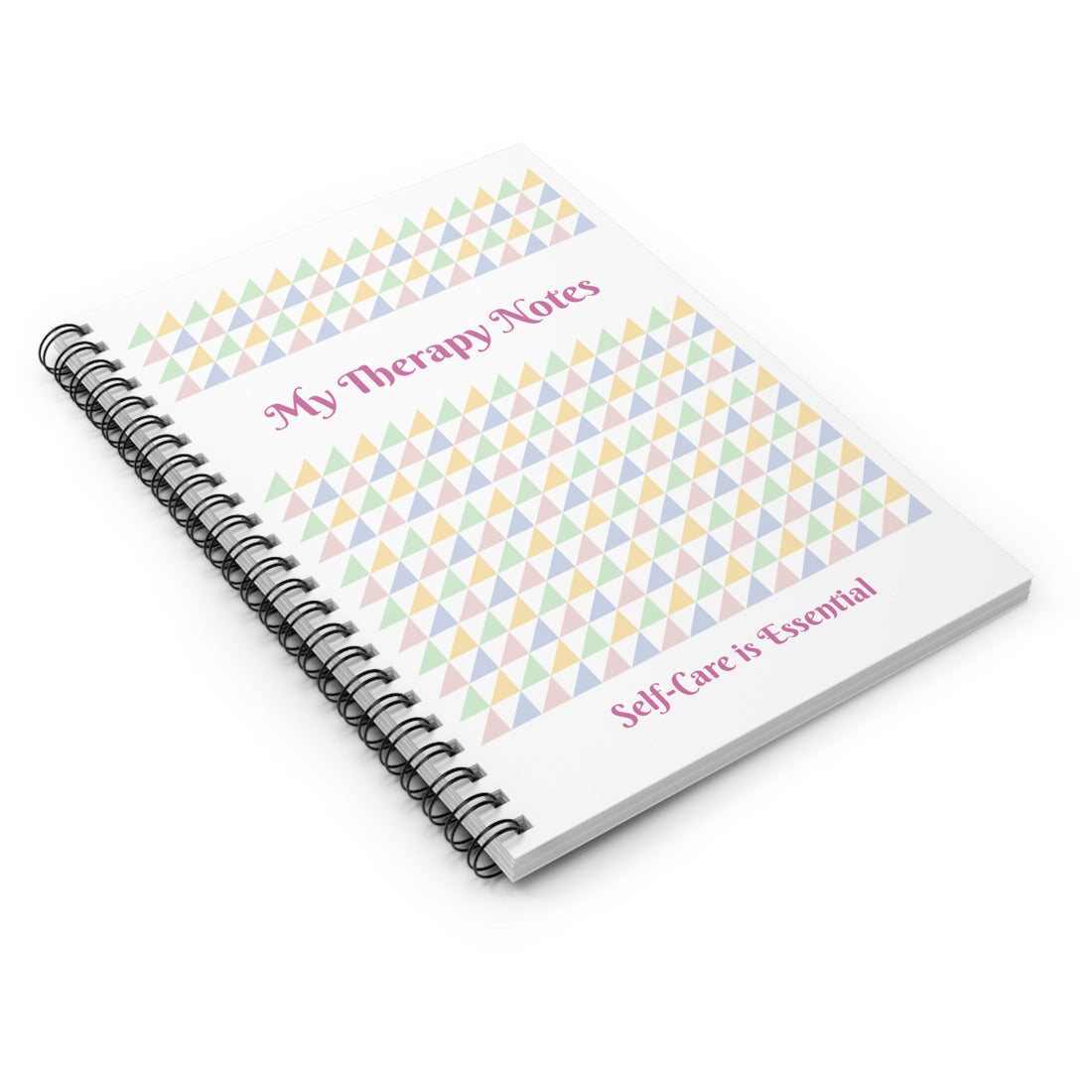
Journaling for Mental Health: A Path to Clarity and Healing
Share
In the rush of daily life, our minds become cluttered with responsibilities, emotions, and thoughts we barely have time to process. Journaling offers a way to slow down, reflect, and cultivate mental clarity. It's more than putting words on a page—it's a therapeutic practice that promotes self-awareness, emotional regulation, and overall well-being.
Why Journaling Helps Mental Health
Writing down your thoughts has been proven to:
- Reduce Stress & Anxiety – Getting worries onto paper can make them feel less overwhelming.
- Boost Emotional Awareness – Journaling helps you recognize and process emotions more effectively.
- Improve Problem-Solving – Seeing thoughts in writing can reveal solutions you might not notice otherwise.
- Strengthen Self-Reflection – Understanding personal patterns can lead to positive change.
- Encourage Mindfulness – Writing forces you to slow down and be present with your feelings.
Types of Journaling for Mental Health
Different approaches to journaling work for different people. Here are a few methods to explore:
- Gratitude Journaling – Write 3-5 things you’re grateful for each day to shift toward a positive mindset.
- Stream-of-Consciousness Writing – Let your thoughts flow freely, without judgment or structure.
- Mood Tracking – Document your feelings daily to identify emotional triggers and patterns.
- Goal Setting – Write out aspirations and action plans to maintain motivation and focus.
- Affirmations & Positive Self-Talk – Reinforce confidence and encouragement through uplifting words.
Tips for Starting a Journaling Routine
- Make It a Habit – Set aside a few minutes daily, whether morning reflections or nighttime thoughts.
- Choose a Format That Works for You – Whether it’s handwritten notebooks, digital apps, or voice journaling.
- Write Without Judgment – Your journal is a safe space—there’s no right or wrong way to do it.
- Use Prompts When Stuck – If unsure what to write, prompts like “What made me smile today?” can help.
Self-Care Components to Enhance Your Journaling Practice
Journaling becomes even more powerful when paired with self-care rituals. Try adding:
🌿 A Calming Atmosphere – Light a candle, play soft music, and create a cozy writing space.
☀️ Morning Affirmations – Start each entry with a positive affirmation like, “I am worthy of peace.”
💖 Gratitude Reflections – Write about the little things that bring joy, from a kind smile to a sunset.
✨ Mindful Breathwork – Before journaling, take a few deep breaths to center yourself.
Conclusion
Journaling is a powerful tool for mental well-being. Whether you're processing emotions, setting intentions, or simply organizing your thoughts, the act of writing is deeply therapeutic. So, grab a pen, open your heart, open a fresh page, and let your words nurture you. You are seen, you are heard, and you are worthy of every moment of self-care. 💖
